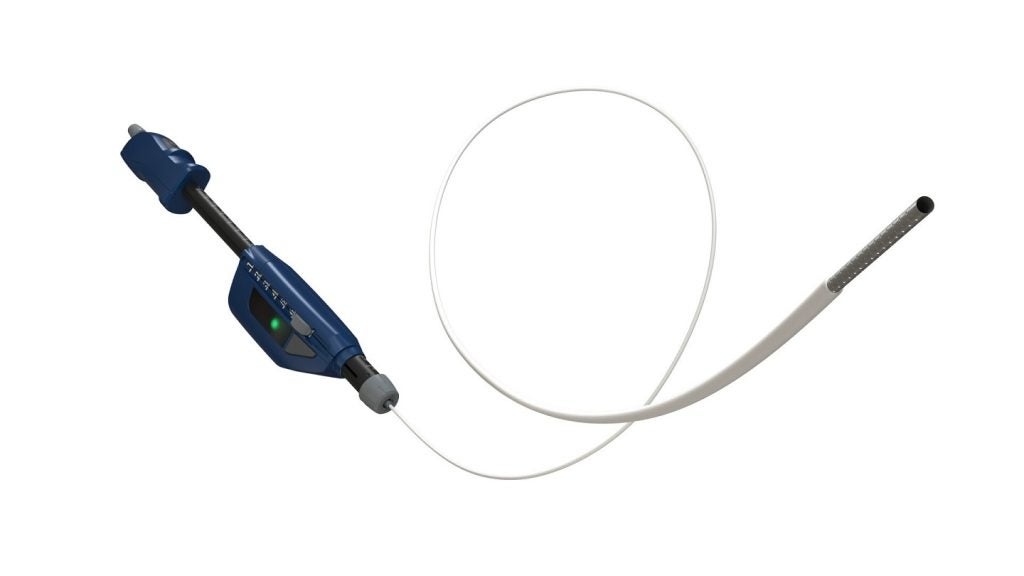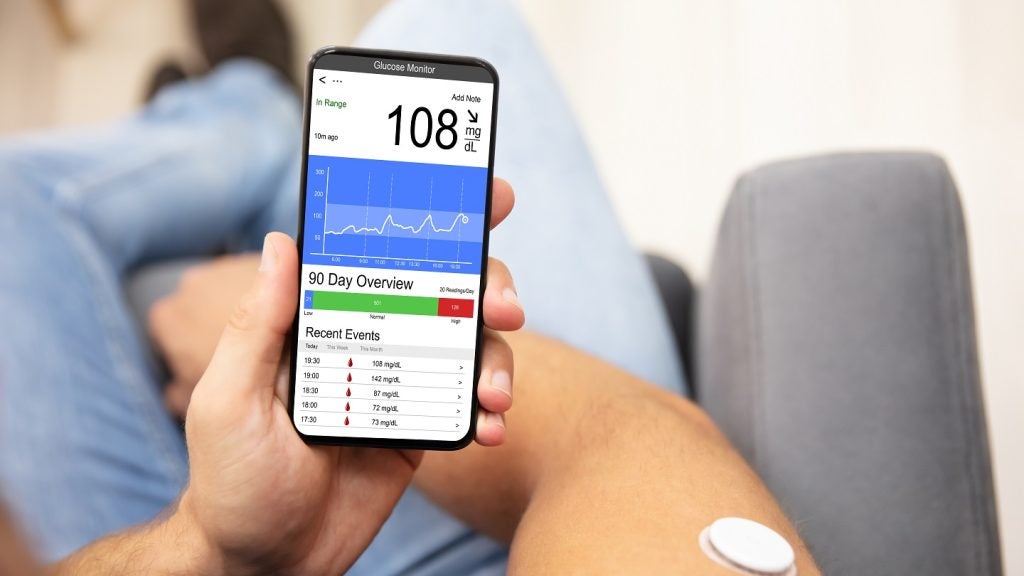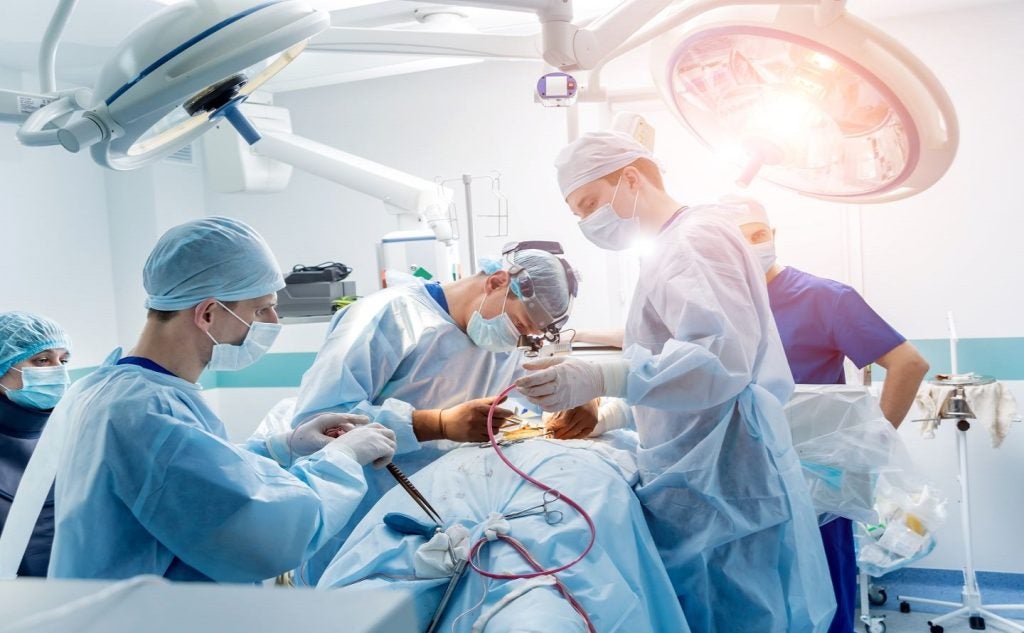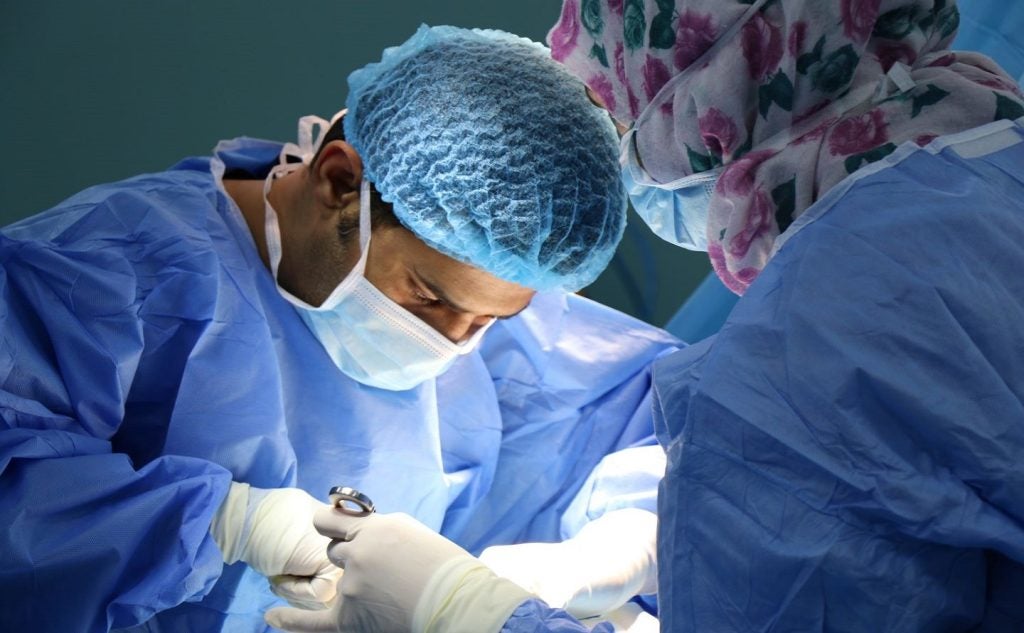Limaca Medical has received 510(k) clearance from the US Food and Drug Administration (FDA) for its Precision GI endoscopic ultrasound (EUS) biopsy device.
This approval comes after the company received breakthrough device designation from the regulator for the device.
The automated device obtains biopsies for definitive pancreatic cancer and gastrointestinal (GI) cancer diagnoses more rapidly and less traumatically compared to existing products.
Limaca vice-chair Carl Rickenbaugh said: “We are dedicated to our mission to provide a far better endoscopic biopsy experience for the endoscopist and patient, with the goal of achieving faster, more efficient biopsy yield with highly consistent results. We look forward to soon bringing Precision GI to patients in the US.”
Limaca has designed the device to enhance the diagnosis of GI cancers by generating a higher quality and quantity of diagnostically relevant biopsy tissue.
It features a motorised, automated rotational cutting needle, which facilitates safe and high-quality tissue acquisition.
Limaca CEO Assaf Klein said: “The clean, non-contaminated tissue samples provide a high percentage of tumour content, with less blood and extraneous fluids.
“FDA clearance allows us to bring Precision GI to market to fulfil our mission to always achieve precise, efficient and definitive biopsy samples.”
Limaca is focused on the development and commercialisation of medical devices for gastroenterology and pulmonary cancers.
















